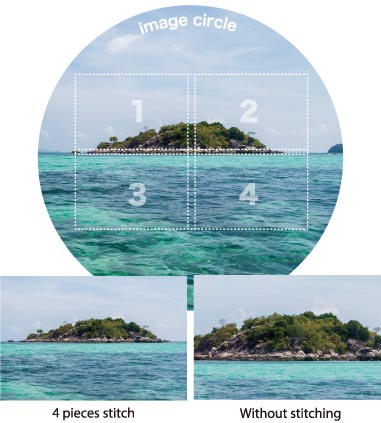Fundamental Manipulation
of Camera Movements
Camera movement means that, by use of the flexible bellows, you can move lens and camera freely and independently, and control focusing and perspective. With free command of the four basic camera movements - tilt, swing, rise/fall and shift , you can control subject shape and plane of focus.
CONTROL OF FOCUSING
If the image magnification of a subject results in a shallow depth-of-field, it is possible that not all parts of your subject will be in sharp focus. With use of the camera movements, you can place the plane of focus where it best suits the image! The focusing is controlled by optical axis adjustment. Conversely, you can limit focus to one part of the image, and intentionally only and blur all other parts. With focusing on an accentuated component, attention can be directed to a specific part of your subject.
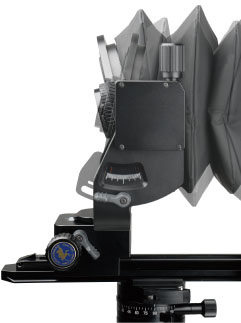
Tilt
Manipulation of Tilt is to rotate the lens back and forth on a horizontal axis. It moves at right angle to Swing. Pan focusing can be set with adjustment of the depth of field.
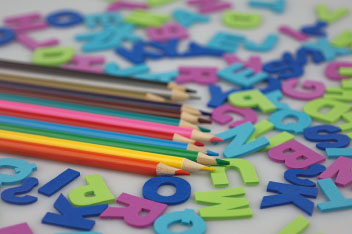
Before
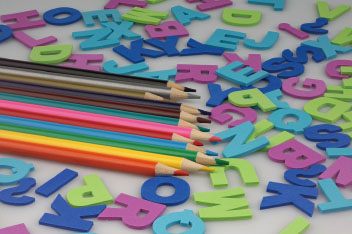
After
Swing
Manipulation of Swing is to rotate the lens right and left on a vertical axis.
It controls focusing on diagonal subject.
It controls focusing on diagonal subject.
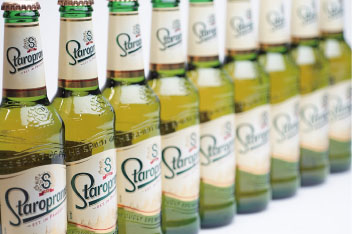
Before
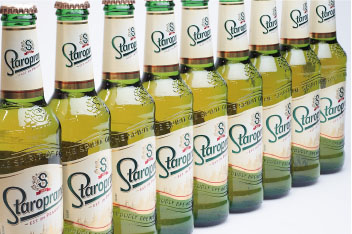
After
● Practical application of Tilt/Swing
Utilizing this function conversely, you can emphasize BOKE effects.

After
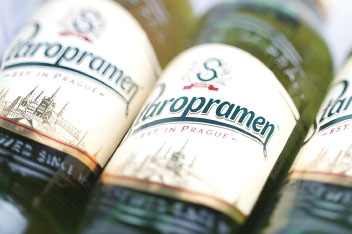
After
Close-Up
Just by stretching the bellows, you can easily change the magnification of Horseman VCC PRO-G.
No need to replace the lens even when you make Macro-photography.
No need to replace the lens even when you make Macro-photography.

Rodenstock Rodagon 60mnm
CONTROL OF PERSPECTIVE
Normally, a distant object from a camera is imaged smaller while a close object becomes larger. When the shape of building or construction is deformed due to inclination of the perpendicular, you can correct the distortion by controlling the perspective with the camera movements.
Rise/Fall
Manipulation of this function is to make a parallel movement of the rear side vertically;Rise (upward) and Fall (downward).
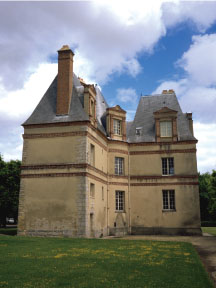
After
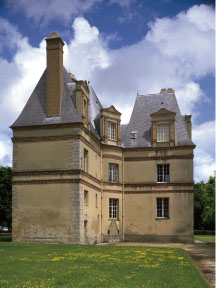
After
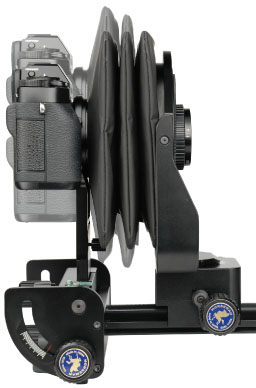
Back Tilt
The folding function of the camera can be used for Tilt. When aiming the camera upward, you can position the camera parallel to the subject by tilting the rear side.
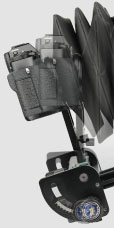
Shift
Manipulation of Shift is to make parallel movement of the rear side horizontally, especially good for reframing the image.
● Framing adjustment
In typical photography with a SLR, it is common that the framing adjustment is done by moving the position of a camera, moving camera and tripod together or changing the direction of camera. However, with use of the camera movements, you can easily control the framing by moving the rear side up and down or right and left within the image circle without shifting the camera.
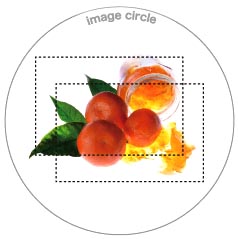
● Stitching shooting
Horseman VCC Pro-G has functions of Rise, Fall and Shift on the camera side. With use of these movements in the rear side, the stitching shooting can be performed. When creating a 4 pieces stitch utilizing a "full frame" 24x36mm sensor, you can nearly quadruple the file size of the final image, almost the matching resolution of a high-end digital camera back and wide-angle shooting effects at the same time. The highly precise gears controlling can lower shear to the minimum and make the post-editing an easy task.
